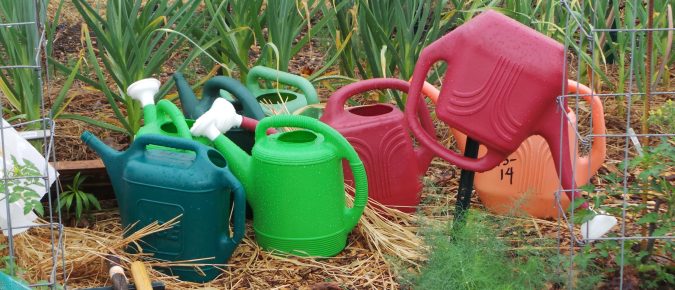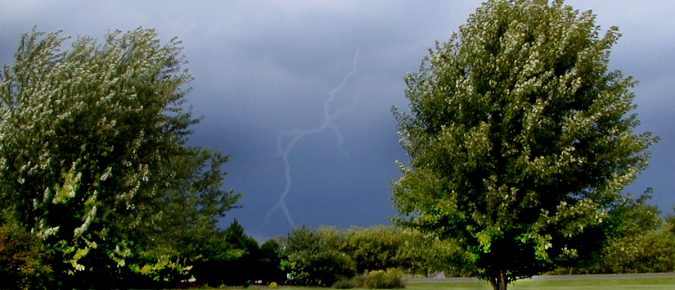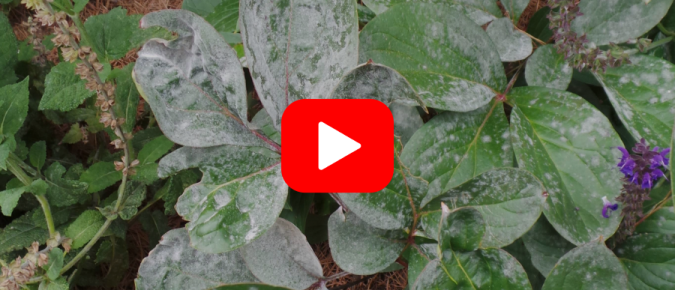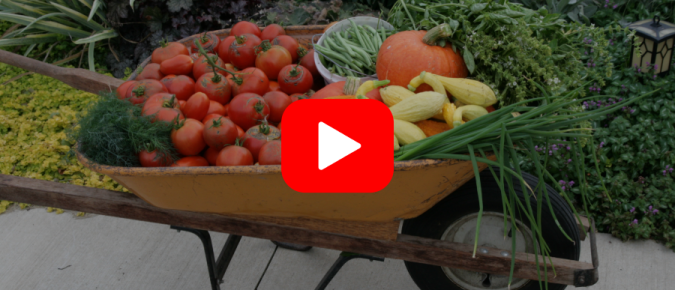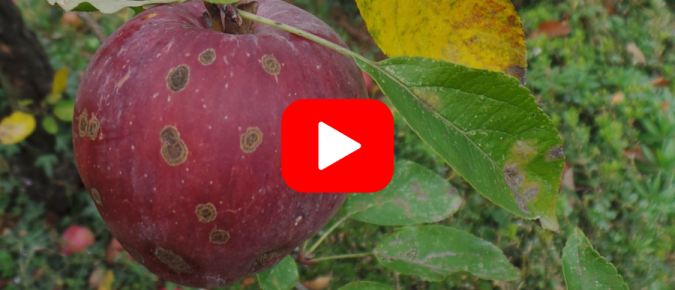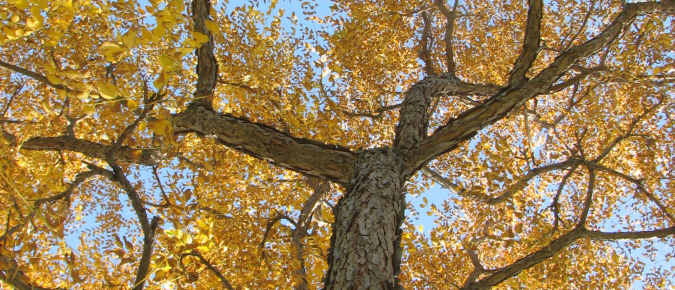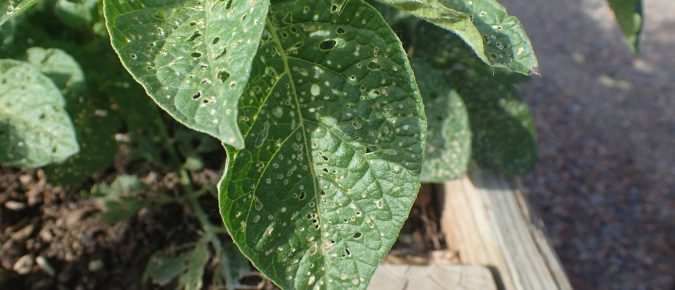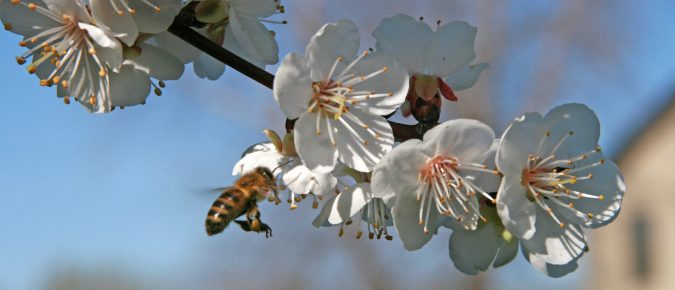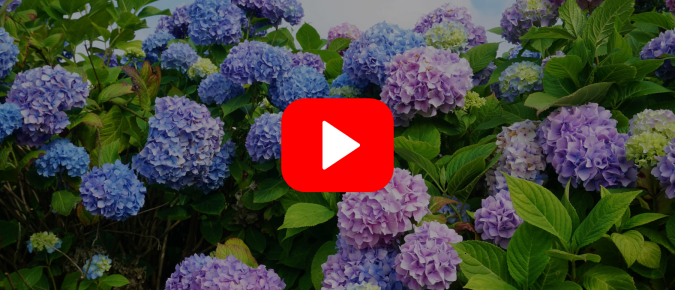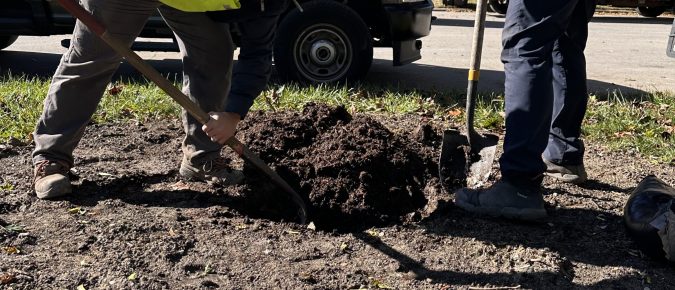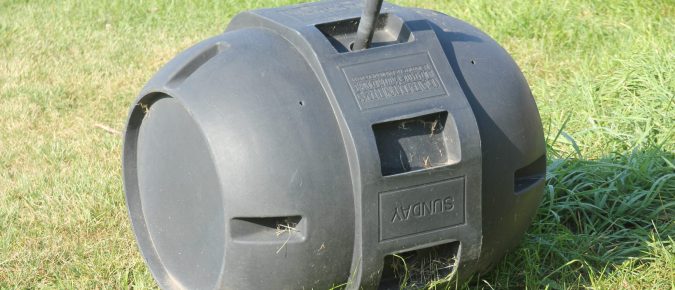As Wisconsin experiences more extreme heat and drought, knowing how your plants are affected and what you can do in these situations will help you make decisions about your gardening.
When Wisconsin experiences extreme precipitation, it is important to know how your plants are affected and what you can do in these situations so you can make informed decisions in your garden.
This webinar debunks common home remedies for powdery mildew, including milk, vinegar, hydrogen peroxide, compost tea, and garlic, and shares effective strategies for managing this common plant disease!
Saving seeds is a great way to keep your favorite garden vegetables for next year, but there are some things you need to know before you plant.
Learn how to identify and manage the most common apple pests found in Wisconsin backyards—including plum curculio, codling moth, apple maggot, and apple scab.
Forests and urban tree canopies play a vital role in buffering the impacts of a changing climate. Learn how trees mitigate the effects of climate change and why investing in their planting, care, and preservation is more important than ever.
Flea beetles are early-season pests commonly found on cole crops/crucifers, as well as on other vegetables. This article covers common flea beetles found in Wisconsin, along with management and mitigation strategies.
This article covers tree, shrub, evergreen, and woody vine species known for their pollen or nectar sources that are critical to sustaining pollinator health and survival.
This webinar discusses the many species of hydrangeas suitable for Wisconsin hardiness zones. Discover everything these beautiful plants need to bloom and thrive.
Bareroot trees are dormant stock typically planted in early spring prior to bud break. This planting method promotes rapid establishment and offers several additional horticultural benefits.
Winter burn refers to a type of damage to evergreen foliage that typically occurs over winter. Frequently affected plants include yews, junipers, boxwood, arborvitae, rhododendrons, dwarf Alberta spruce, and hemlock.
Part of the Do-It-Yourself Compost Bin series, this three-bin wooden unit is a sturdy system that allows you to quickly make a large volume of compost, if you turn the compost weekly.


